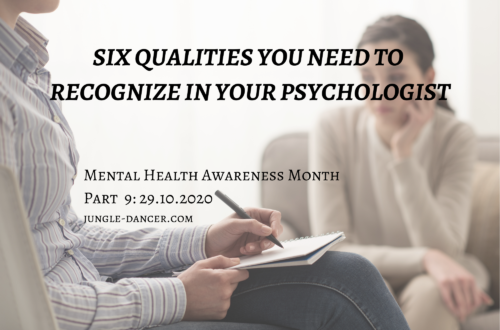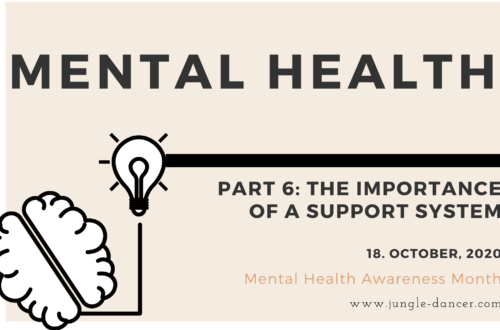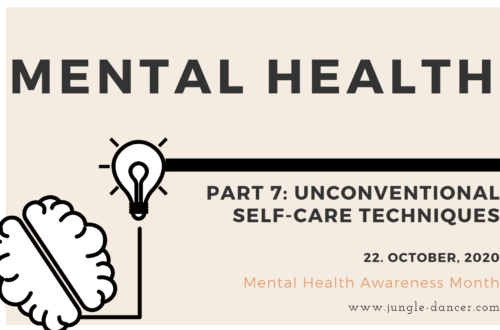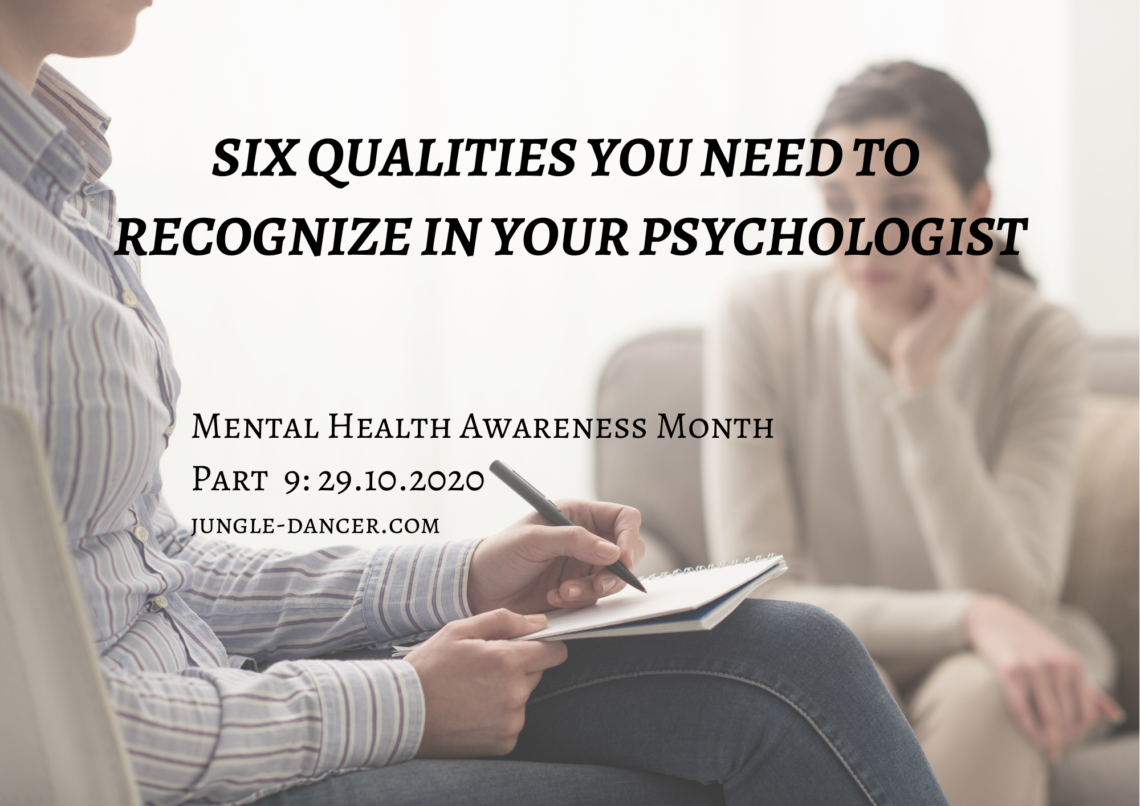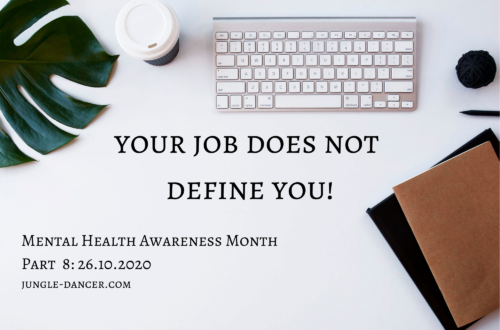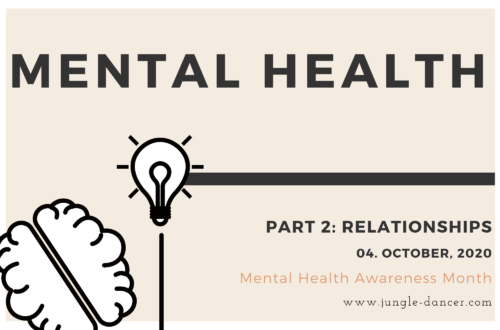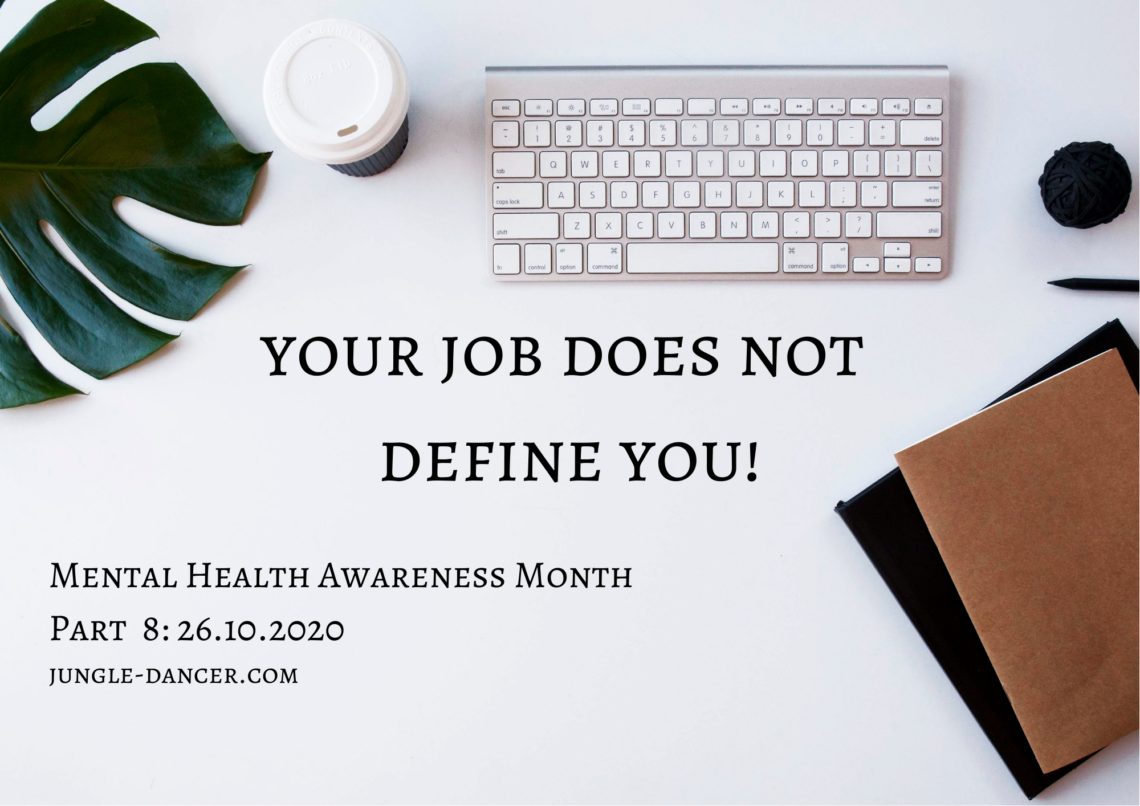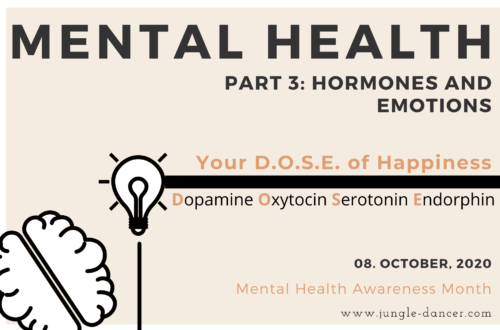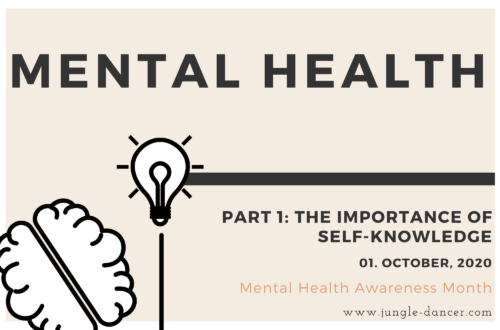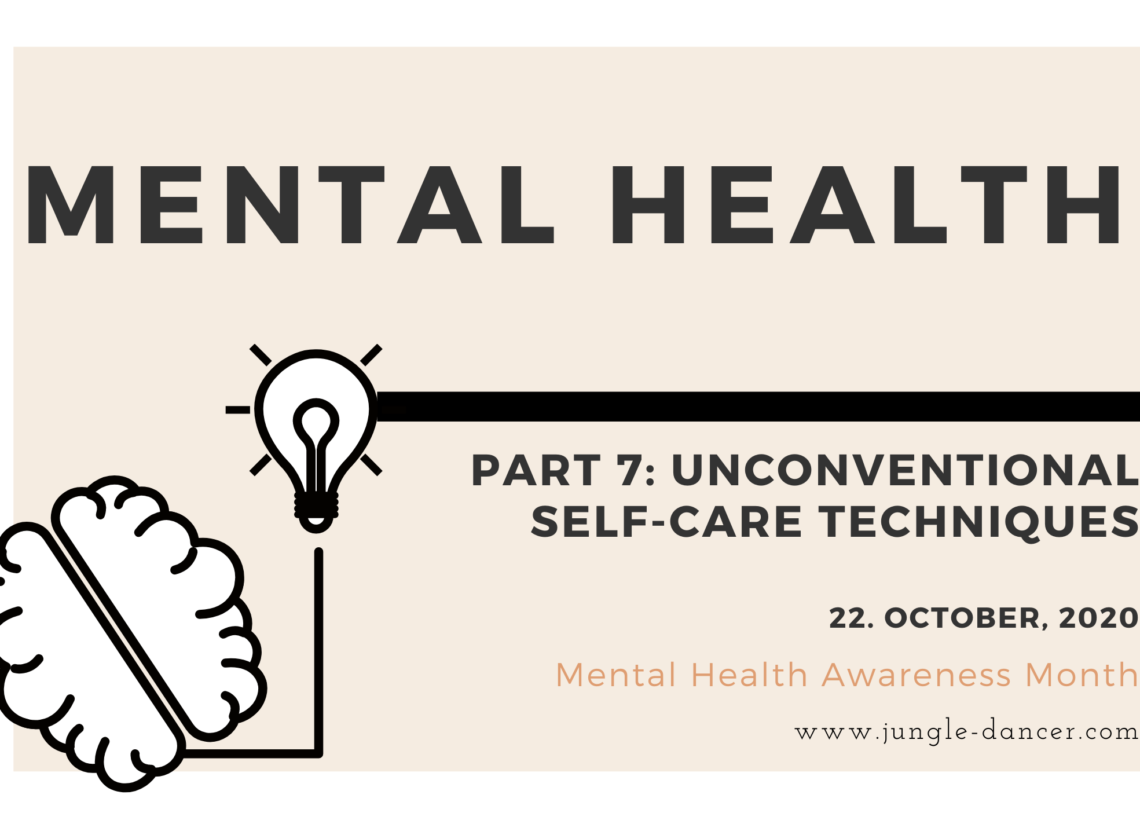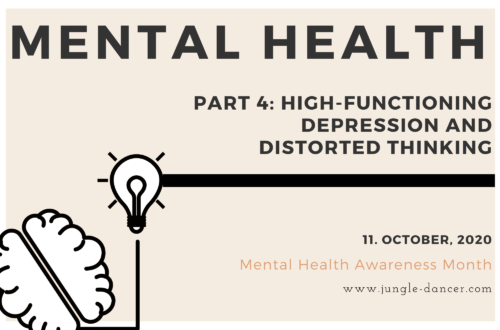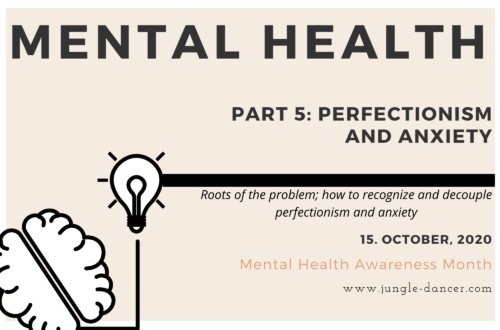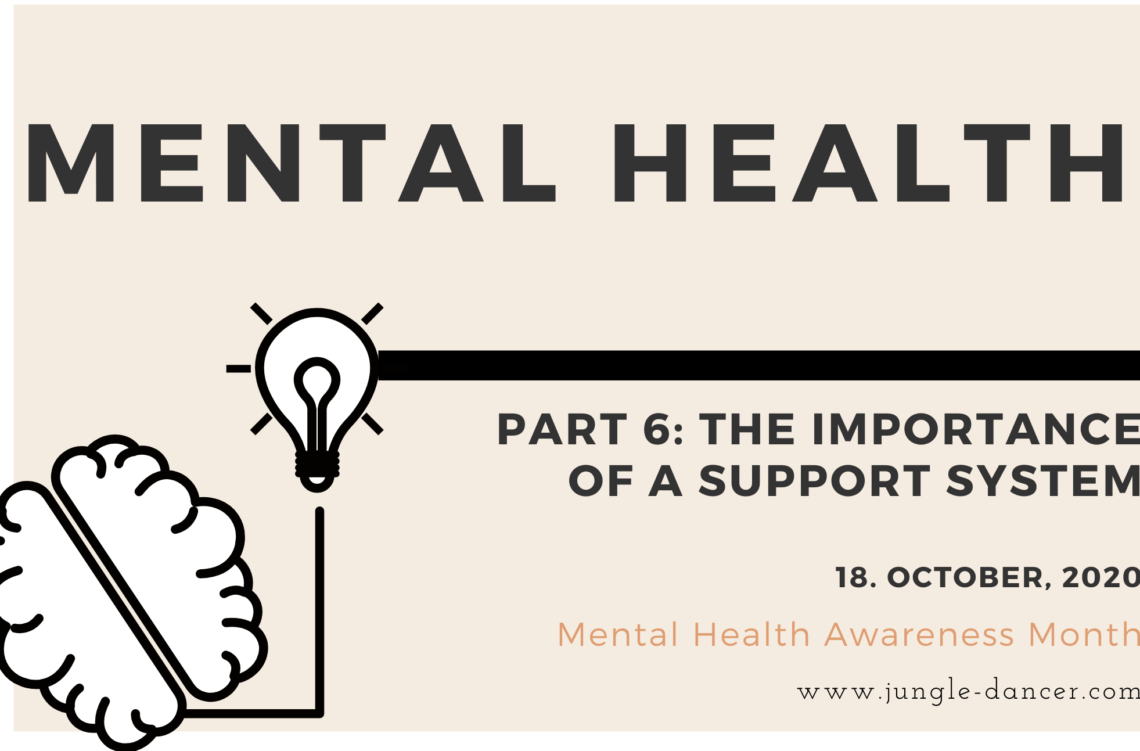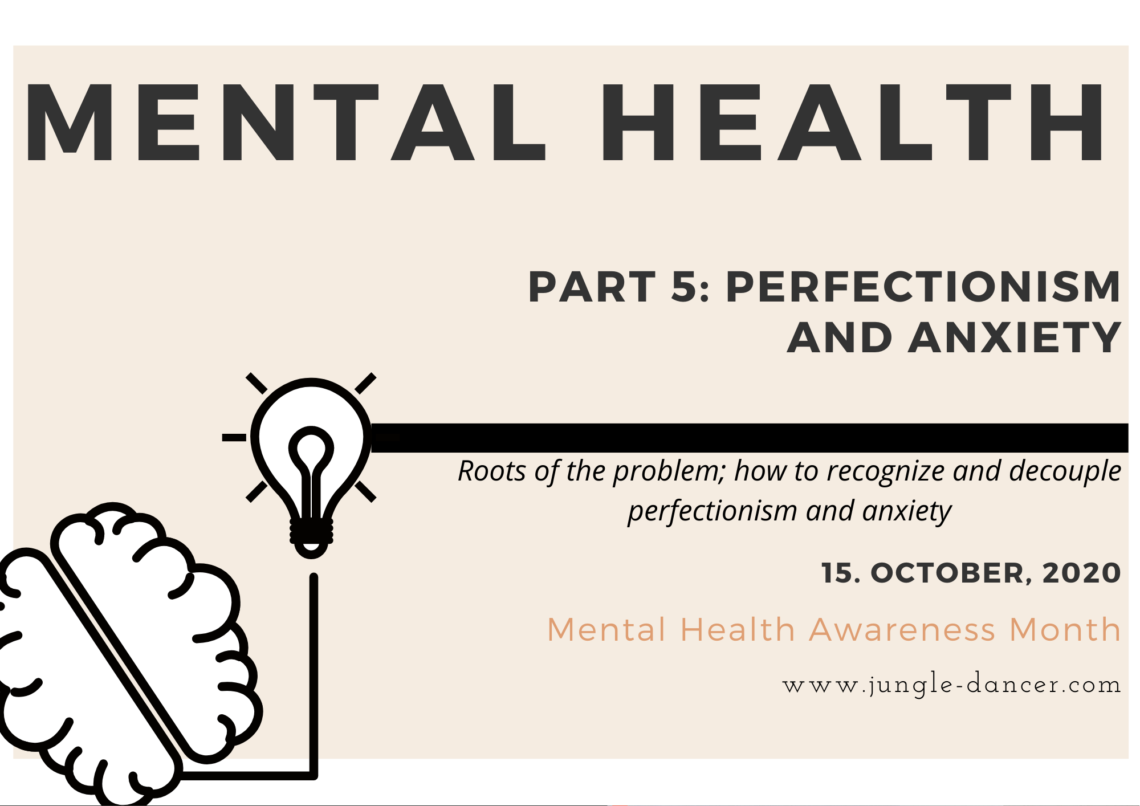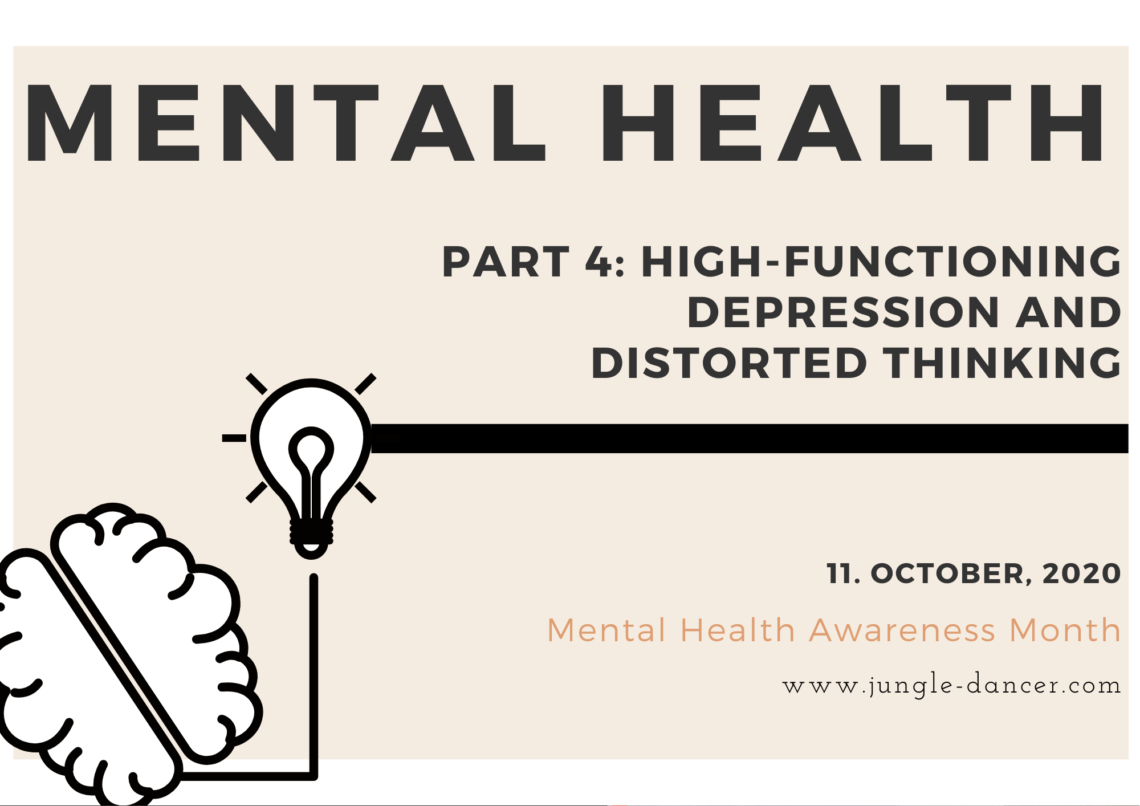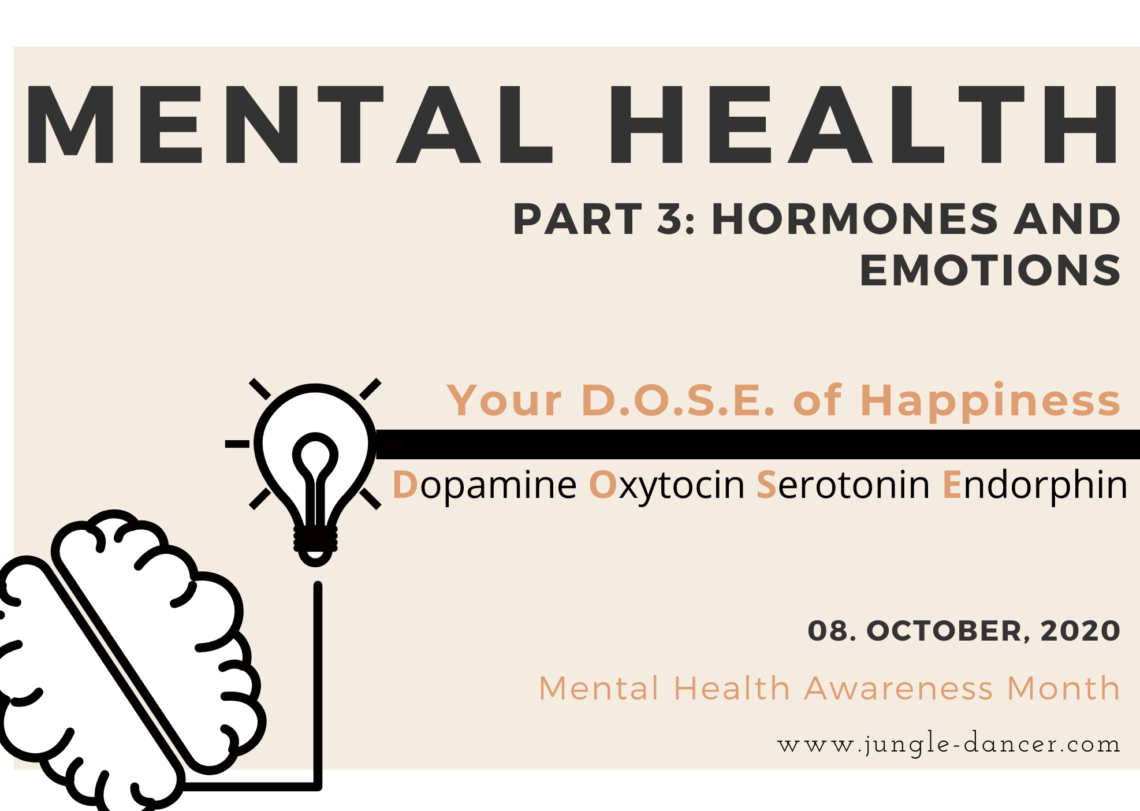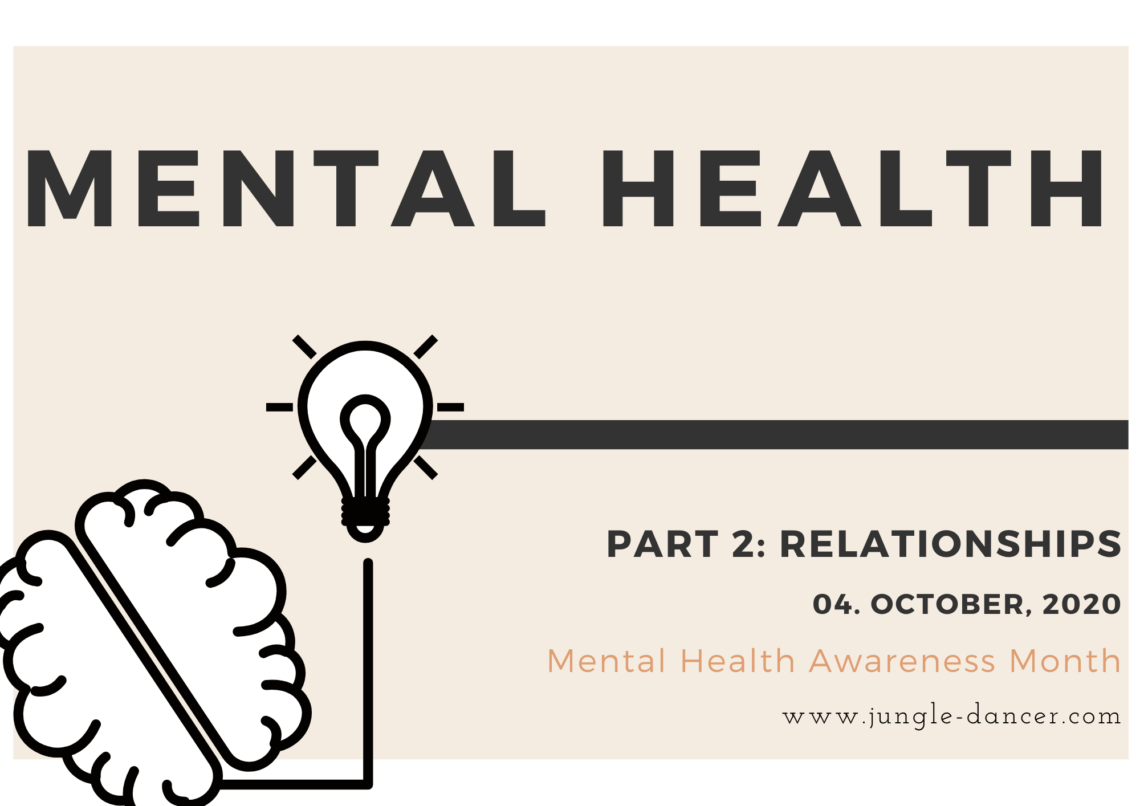Mental Health
-
Fake positivity is doing us more harm, than good
The first step is simply saying: it is fine to struggle. It is fine to feel pain, anger, disappointment, sadness and three billion other spectra of negative emotions. Moreover, embracing these emotions, together with the good ones, and anything in between, is what helps us build the emotional intelligence and emotional agility that can carry us through life in the healthiest possible way.
-
What makes a good psychologist: an analysis of a reader’s experience
A good mental-health professional takes the time to understand where you stand. You probably will need to spend quite some time telling your story before they provide some feedback for you. However, this does not mean that they need to stay quiet. Instead, they should encourage you, make you feel safe and appreciated, and above all - understood. They can do this not only by asking you more questions, but also formulating their opinions and explanations of your symptoms in a language that makes sense to you. Simply put, a good psychologist shows you their warmth, care, and empathy for you through their words.
-
Workism and how we forgot that we are more than our job
Remember: you are more than your job. The damaging idea "to hustle" - that work-obsessed millennials nowadays support even more strongly with hashtags, "inspirational" posts and quotes, and seemingly overbooked calendars - is quickly creating a lonely youth with poor life-to-work balance, which in its strong desire to be authentic and unique, is achieving exactly the opposite. Remember: you are more than your work. Your uniqueness lies within you, not within your CV or office.
-
Unconventional self-care techniques worth your time
The most crucial aspect of every self-care ritual is understanding the influence it has on you. Pay attention whether you are experiencing only a momentarily spur of joy; or, if you are truly benefiting from what you are doing. A well-developed and consistent self-care routine for me is two dimensional and it consists of: a) momentary self-care - it addresses current stress and helps us calm down, unwind, or relax after particularly tough period; and b) long-term self-care: it addresses our distorted thoughts, certain character traits, and bad habits that we would like to change. So, without any further due, let us look at some self-care techniques that I love.
-
Reader’s submission: My battle with anxiety, depression, and depersonalization-derealization disorder
It felt like I was constantly just floating in the air. I was moving, but it was like I don’t feel or control my legs at all and that I will trip over any second. In order to actually ‘feel’ my legs, I would rub my feet. Once I did this so intensely that I even managed to tare up my left sneaker. Most of the time, I couldn’t tell whether I was dreaming or if something was really happening. My memory and concentration were awful. Yet, the worst part of it all was that this disorder, combined with my anxiety, was stopping me from living my life to the…
-
Support system: finding help and hope in difficult times
If the first step in nourishing your mental health is realizing you struggle, then creating a support system is what will help you overcome those struggles. In fact, regardless of why you struggle, only realizing that you do, will not be of much benefit to you. Only with the help of others and with your unshaken determination to get better, you will overcome the behavioral patterns which constantly make you feel like you are stuck in your life.
-
Perfectionism and anxiety: How is the fear of failure hindering our progress?
More often than not, the perfectionist will avoid even the tiniest of risks in her or his lifestyle, because the mere idea of possibly failing or not excelling in what they do, is paralyzing. Sadly, however, this means that although we are not failing, we are not experiencing much of outstanding success either. When I say success, I do not necessarily mean money or status or results at work, because I believe defining success is subjective. However, regardless of what success means to you, if you are running after perfectionism, you are running away from success because you will sabotage every possibility to develop and fight for your values, beliefs,…
-
“High-functioning depression and distorted thinking. Yet, I say everything is fine.”
A person with highly-functioning depression can experience feelings of hopelessness and extreme sadness - same as the clinically depressed person. The difference is that these individuals tend to suppress these damaging feelings by focusing on their goals and wish to succeed. The drive to be accomplished and the fear of failure are so dominant in their mind that high-functioning individuals focus primarily on addressing their ambitions, rather than their feelings.
-
How are our hormones and emotions correlated?
Hormones and emotions: a complicated, but very real and measurable relationship. Sometimes, when we struggle or experience hardship, it is not merely because of our choices. More often than not, it is about our brain chemistry. The science of the human mind says that our brain is primarily wired for our survival, but interestingly enough, the hormones that evolved to ensure our survival and to sharpen our instincts, are also the hormones that determine our happiness levels. When it comes to hormones and emotions, there are four highly relevant hormones: dopamine, oxytocin, serotonin and endorphin. I remember them easily when I take the first letter of their names and create…
-
How do our relationships influence our mental health?
When it comes to our mental health and psychological well-being, there is rarely any other social phenomenon that influences us more than the relationships we build and nourish with other people. But, what makes relationships so special? Why do they have such significant power over us and over our mental health?


